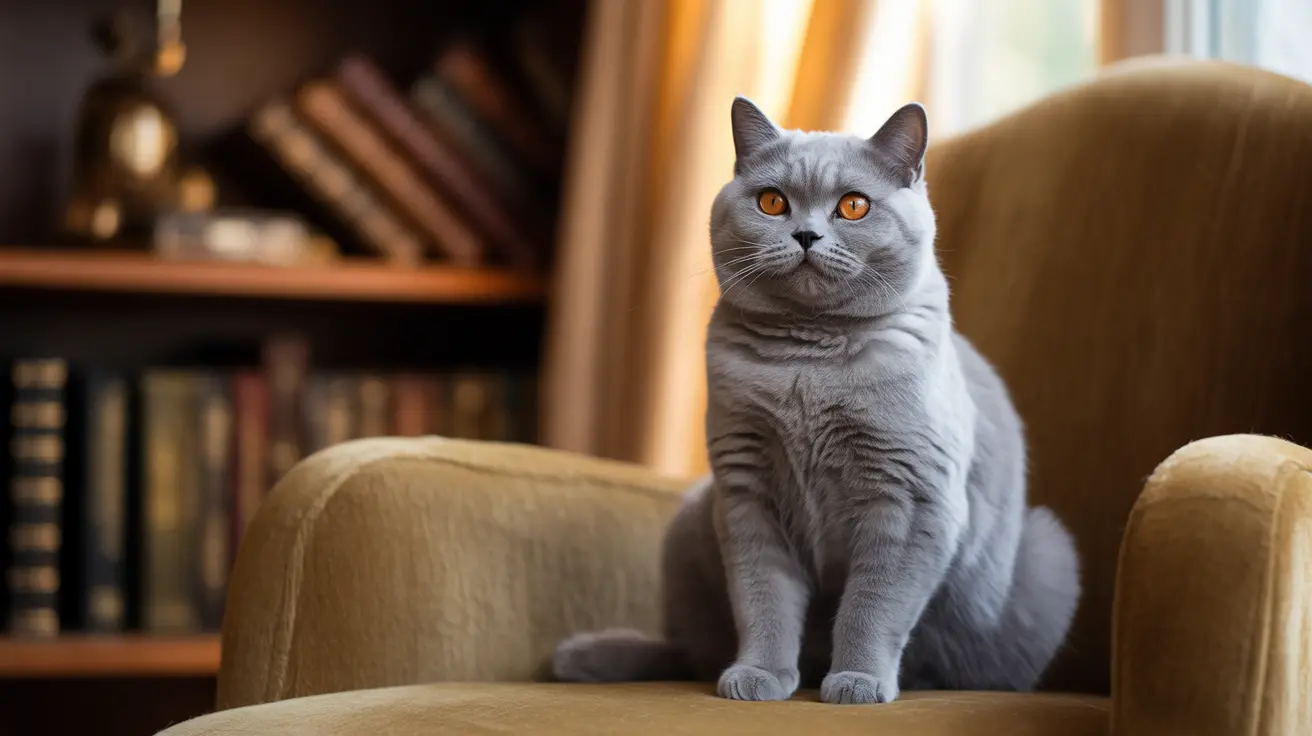As a responsible cat owner, understanding potential household hazards is crucial for your feline friend's health and safety. Peppermint oil, despite its pleasant aroma and potential benefits for humans, poses a serious and potentially life-threatening risk to cats. This comprehensive guide will explore why peppermint oil is dangerous and how you can protect your beloved pet.
Peppermint and Cats: A Toxic Combination
Cats have a unique and sensitive physiology that makes them extremely vulnerable to peppermint oil. Unlike humans, cats lack specific liver enzymes necessary to metabolize the compounds found in peppermint, particularly menthol and phenols. This metabolic limitation means that even minute exposures can trigger severe toxic reactions.
Why Cats Cannot Tolerate Peppermint
The fundamental issue lies in a cat's liver enzymes. When cats are exposed to peppermint oil, their bodies cannot break down and eliminate the toxic compounds effectively. This means that what might seem like a harmless fragrance to humans can quickly become a medical emergency for cats.
Dangerous Exposure Routes for Cats
Inhalation Risks
Diffusers, sprays, and other aromatic applications can be particularly dangerous. Cats' highly sensitive respiratory systems make them vulnerable to even airborne particles of peppermint oil. The strong scent can cause immediate distress and potential long-term health complications.
Skin and Fur Contact
Even indirect contact can be hazardous. Essential oil droplets can settle on a cat's fur, and during grooming, these particles can be ingested. Absorption through the skin is also a significant concern, potentially leading to systemic toxicity.
Recognizing Peppermint Oil Poisoning Symptoms
Early Warning Signs
- Excessive drooling
- Sudden onset of vomiting
- Unusual lethargy or weakness
- Difficulty breathing
- Muscular tremors or uncoordinated movements
If you observe any of these symptoms after potential peppermint oil exposure, immediate veterinary intervention is critical.
The Myth of Peppermint "Allergies" in Cats
It's important to understand that cats do not have a traditional allergic response to peppermint. Instead, they experience a toxic reaction due to their unique metabolic limitations. This distinction is crucial for proper understanding and treatment.
Safe Alternatives for Cat Owners
Creating a Pet-Friendly Environment
- Avoid all essential oil diffusers in cat-occupied spaces
- Use pet-safe air fresheners specifically designed for households with cats
- Consult with your veterinarian about safe environmental enrichment techniques
Frequently Asked Questions
Is peppermint oil safe for cats to smell or inhale?
No, peppermint oil is never safe for cats to smell or inhale. Even minimal exposure can cause serious health complications.
What are the symptoms of peppermint oil poisoning in cats?
Symptoms include drooling, vomiting, difficulty breathing, muscle tremors, weakness, and potential neurological issues.
Can I use a peppermint oil diffuser around my cat?
Absolutely not. Diffusers can release particles that are extremely harmful to cats, even if they are not directly ingesting the oil.
What should I do if my cat licks or touches peppermint oil?
Immediately wash the affected area with mild dish soap, prevent further contact, and contact your veterinarian or a pet poison helpline for professional guidance.
Are there any safe alternatives to peppermint oil for cat owners?
Yes, there are pet-safe air fresheners and environmental enrichment techniques. Always consult with your veterinarian for specific recommendations tailored to your home and cat.
Protecting your cat from potential toxins like peppermint oil requires vigilance and understanding. By staying informed and proactive, you can create a safe, comfortable environment for your feline companion.






